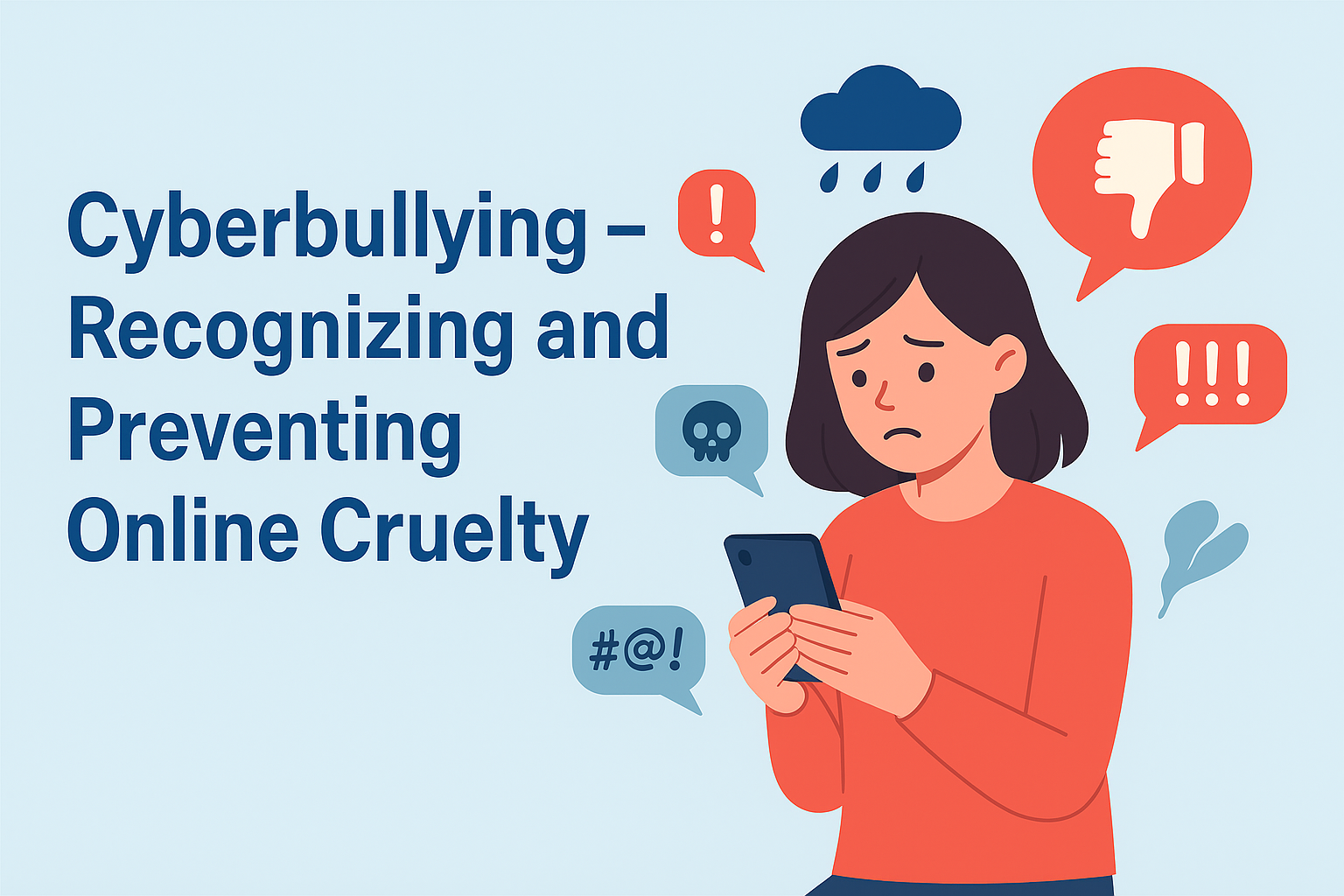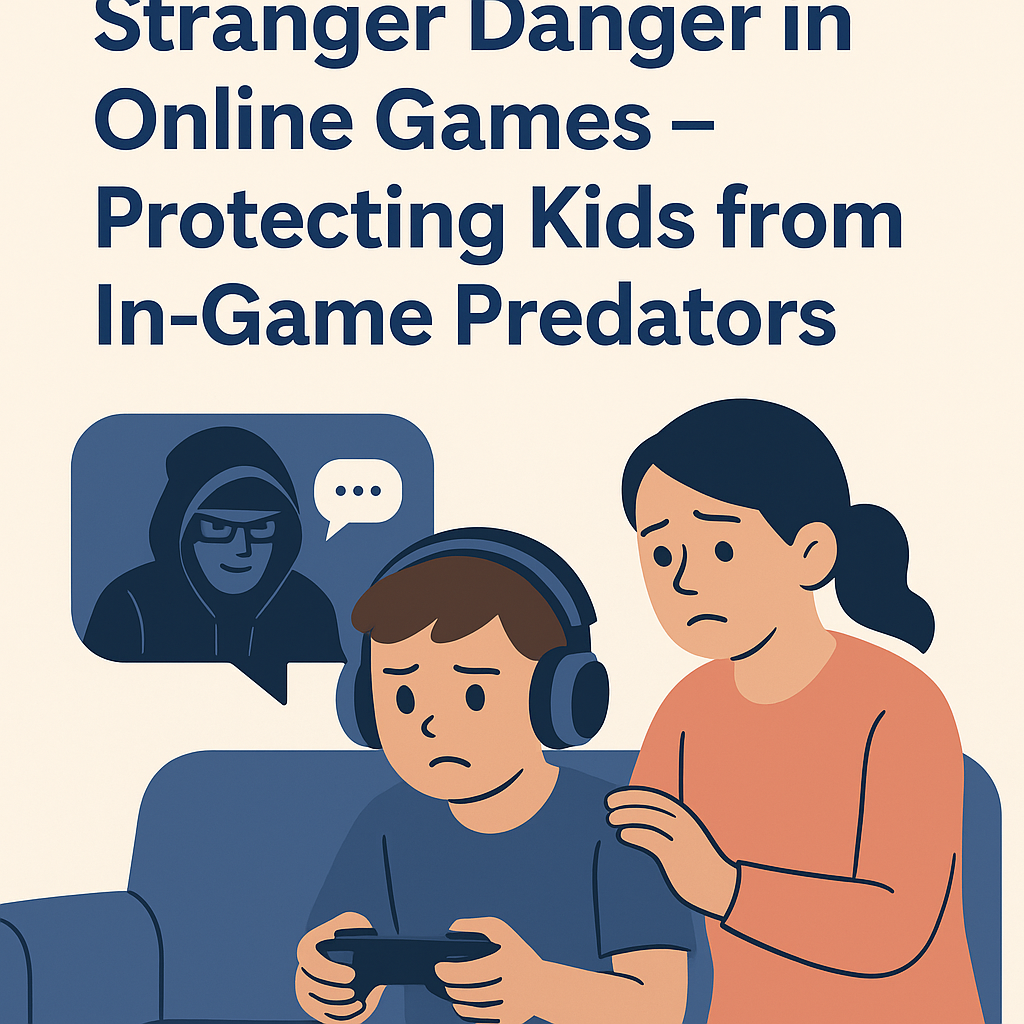Bedrooms, Bedtimes, and Phones – Why No Devices at Night?
A teenager using her phone late at night – a habit linked to lost sleep and poorer well-being.

It’s a familiar scene in many households: a child or preteen tucked in bed, but secretly scrolling through a smartphone under the covers. Pediatric experts strongly warn against this habit. The American Academy of Pediatrics recommends that children not sleep with devices in their bedrooms, and advises creating “media-free” zones at night.
Why such a firm stance? Research shows that nighttime screen use can seriously undermine healthy sleep. The blue light from screens can delay the release of melatonin, making it harder for kids to fall asleep. One recent study found that teens on their phones around bedtime delayed the onset of sleep by at least 30 minutes. Over time, even a small nightly delay adds up to significant sleep deprivation. Poor sleep doesn’t just mean a groggy morning; it can impact children’s mood, behavior, and school performance.
Extensive research confirms an association between evening device use and sleep issues like delayed sleep onset and shortened sleep duration. Kids who message or scroll social media late at night may also be exposed to cyberbullying or anxiety-inducing content at all hours, further disturbing their rest. In one survey, 40% of secondary school students reported not getting the recommended 8 hours of sleep, and heavy phone use at night was a common factor. Lack of sleep for growing children (who generally need 8–12 hours, depending on age) can lead to difficulty concentrating, lower academic performance, and even health issues like weakened immunity and obesity.
What can parents do?
Make the bedroom a tech-free sanctuary. Set a rule that all devices (phones, tablets, even TVs) stay out of the bedroom after a certain hour. For instance, the Mayo Clinic suggests requiring kids to charge devices overnight outside their bedrooms, preventing late-night temptations. To support this, you can use Protect’s scheduling feature to enforce an “electronic curfew.” With Protect, parents schedule internet and app access to turn off at bedtime – say 9:00 PM for a 12-year-old – effectively creating a digital bedtime. After that hour, social apps, games, and web browsing are paused, ensuring your child winds down without screens.
This approach aligns with expert advice to have no screens for at least 30–60 minutes before bedtime, giving kids’ brains a chance to relax. Another tip is to establish a calming bedtime routine that replaces screen time – reading a book, listening to quiet music, or talking about the day. Consistency is key: if “no phones after 9” is the rule, stick to it even on weekends (with occasional exceptions for special events). By combining clear family rules with tools like Protect to automatically block late-night scrolling, you help your child develop healthy sleep hygiene. Over time, they’ll come to appreciate how much better they feel with a good night’s sleep – and you’ll rest easier too, knowing their devices aren’t keeping them up till all hours.
Latest articles

Start using the parental control platform of

the future




